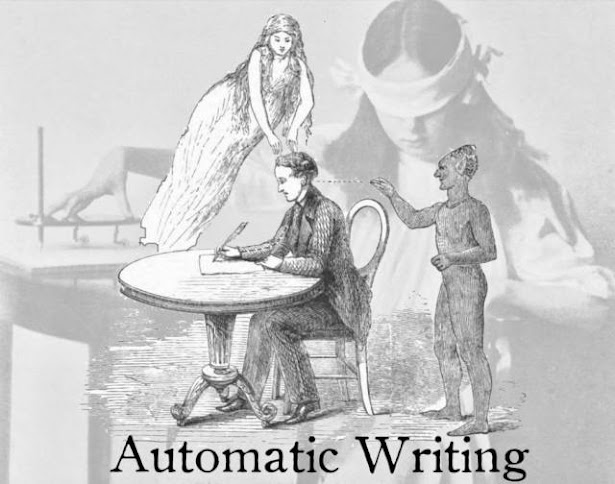Why is the Hare Krishna Mantra (Māha-Mantra) sung to the tune of Woody Guthrie's "This Land Is Your Land"?
[Those interested in this post may also want to see my other posts Does Apologist Ravi Zacharias know the Difference Between Krishna and Shiva? Or Between the Two Great Epics of India, the Mahabharata and the Ramayana?, An Example of Christopher Hitchens's Plagiarism, A Brief Cautionary Note: Calling Wittoba a Crucified Savior Shows Ignorance of that God, His Cult, and His Myth, A. C. Bhaktivedanta Swami Prabhupada & ISKCON Links Page, The Hindu God Indra a Virgin Born, Crucified Savior? You're Joking Right?, When did Eastern Religious Texts become Available in the West? A Links-Resource Page.]
October, 2013, Kansas City Saturday evening on the Plaza. Northwest corner of 47th Street and Broadway Boulevard. Danavir Goswami, President of Kansas City’s Rupangura Vedic College, is out with a bunch of young devotees, shaved heads, dhotis, for Kirtan, for singing chants to Krishna, whom they worship as the Supreme Personality of Godhead. As I pause a bit to listen, they are chanting the māha-mantra, also commonly referred to as the Hare Krishna Mantra. By now there are a number of renditions of that famous chant, but the one being sung tonight is the one on the old Radha Krishna Temple album, produced by Beatle George Harrison, which became a hit on the popular radio for a time in the UK back in 1969. I recognize the tune partly because I used to have the album, back in the early 1970s, and although most of my readers may not have heard that record, they’d probably still recognize the tune as that of famous American folk singer Woody Guthrie’s classic: This Land is Your Land. If they go way back, or take a special interest in such things, they may even remember where Woody got it from, namely, the Carter Family’s song, When the World’s on Fire. I put the words in parallel columns to help my readers envisage how the chant goes:
October, 2013, Kansas City Saturday evening on the Plaza. Northwest corner of 47th Street and Broadway Boulevard. Danavir Goswami, President of Kansas City’s Rupangura Vedic College, is out with a bunch of young devotees, shaved heads, dhotis, for Kirtan, for singing chants to Krishna, whom they worship as the Supreme Personality of Godhead. As I pause a bit to listen, they are chanting the māha-mantra, also commonly referred to as the Hare Krishna Mantra. By now there are a number of renditions of that famous chant, but the one being sung tonight is the one on the old Radha Krishna Temple album, produced by Beatle George Harrison, which became a hit on the popular radio for a time in the UK back in 1969. I recognize the tune partly because I used to have the album, back in the early 1970s, and although most of my readers may not have heard that record, they’d probably still recognize the tune as that of famous American folk singer Woody Guthrie’s classic: This Land is Your Land. If they go way back, or take a special interest in such things, they may even remember where Woody got it from, namely, the Carter Family’s song, When the World’s on Fire. I put the words in parallel columns to help my readers envisage how the chant goes:
To me it’s amazing how long Hare Krishnas
themselves can go without recognizing the connection. Some years ago at
the 2003 meeting of the American Association of Religion in Atlanta I asked a
fairly prominent representative of ISKCON (International Society for Krishna Consciousness) whether the Krishnas still sang the māha-mantra to the tune of This Land is Your Land. Obviously puzzled he looked at me and answered: “We never did.”
I started singing the first verse of
the māha-mantra. He
nodded in recognition of the fact that he knew the version. But when I replaced
the concluding “Rama Rama /Hare Hare,” with “This land was made for you and
me," he cried “It’s the tune of This Land Is Your Land!”
A
1966 version of the same version is included starting about three minutes into this
1966 CBS news report.
Here
is the music as provided in Back to Godhead
1.21 (1968):39:
My question was, did A. C. Bhaktivedanta Swami
Prabhupada, the founder of ISKCON, intentionally put the words of the māha-mantra to familiar American classic in order to make it more palatable to
Westerners, or did the two songs come to have the same tune some other way? I decided to try and find out.
The Beat poet Allen
Ginsberg, an enthusiastic supporter of Prabhupada, sang a version of the māha-mantra on William F. Buckley's Firing Line on September 3, 1968), but I found he used an entirely different tune.
Vaguely remembering that the musical HAIR had a version of the māha-mantra, I decided to follow that as far back as I could to see if I might find a clue there. But again, neither the record of the off-Broadway
version (made soon
after the play opened on October 17, 1967), nor the movie
version were sung to the Woody Guthrie tune.
Finally I was able to listen to the Happening Records version, which Prabhupada and the devotees recorded in 1966. Here finally I think I found my answer.
In this version you will notice Prabhupada himself is not really singing the tune of This Land is Your Land, but the collective devotees following him in call and response fashion actually are singing the Woody Guthrie tune.
This may very well indicate that the adoption of the tune for This Land Is Your Land happened quite unintentionally as a result of the similarity between what Phrabhupada sang and what American ears thought they were hearing, and therefore sang.











Comments
Post a Comment